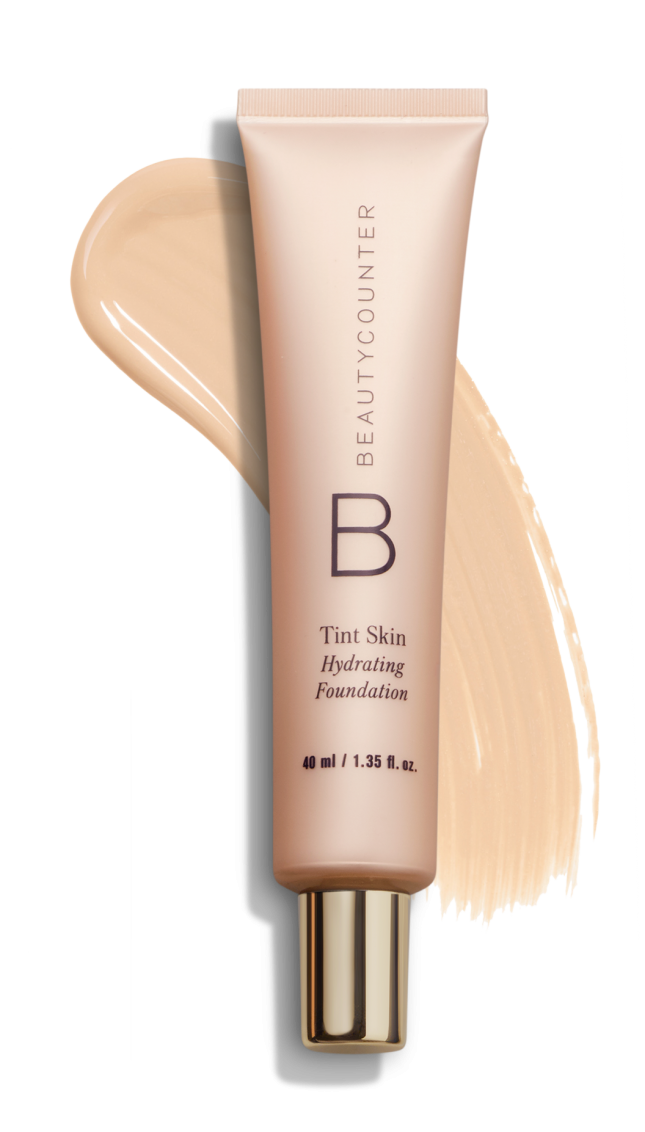 What initially drew my eye: Beautycounter’s commitment to products with safe ingredients. They have a list of over 1,500 ingredients that they promise to never use. They regularly pour over all sorts of studies and even commission some of their own to examine ingredients for toxicity. That’s awesome. But that’s not the whole story.
What initially drew my eye: Beautycounter’s commitment to products with safe ingredients. They have a list of over 1,500 ingredients that they promise to never use. They regularly pour over all sorts of studies and even commission some of their own to examine ingredients for toxicity. That’s awesome. But that’s not the whole story.
They don’t claim to be all-natural, “Over 80% of the ingredients in our products are organic, natural or plant derived. The others are synthetic…but that doesn’t mean that they are unsafe.” I get it. To mass-produce things economically and safely, you often have to include synthetic preservatives to make sure your products don’t spoil and kill someone. That is always my answer when a reader asks why I don’t sell my own products. And I’ve said time and again that natural skincare is not an all or nothing process. Any little step helps in the journey towards a healthier life. To foster transparency, Beautycounter even provides a complete glossary of their ingredients.
I’ve tried a lot of safer make-up brands but have yet to fall in love with the whole line. I have been on the hunt for a safer foundation so my awesome friend Stephanie invited me to try Beautycounter foundation. I decided to give it a try, so I bought the Tint Skin Foundation for $41 +tax & shipping. The price doesn’t really bother me cause before switching to safer brands I still bought high end products. I am extremely fair skinned so I purchased the porcelain shade which turned out to be a perfect match.
I applied with a brush. It went on smoothly and evenly. A little bit of product went a long way. It is a very light weight foundation so I used about a dime sized amount to get a full coverage. I tend to have oily skin and found that this did not add to my oiliness nor did it dry me out. It stayed in place well over 14 hours of rigorous mom life of 4 kids ages 1-10! When it was time to hit the hay I usually notice that when removing my make-up my skin will feel dry or even flakey, but not with this foundation. My skin felt soft and plump!
Overall thoughts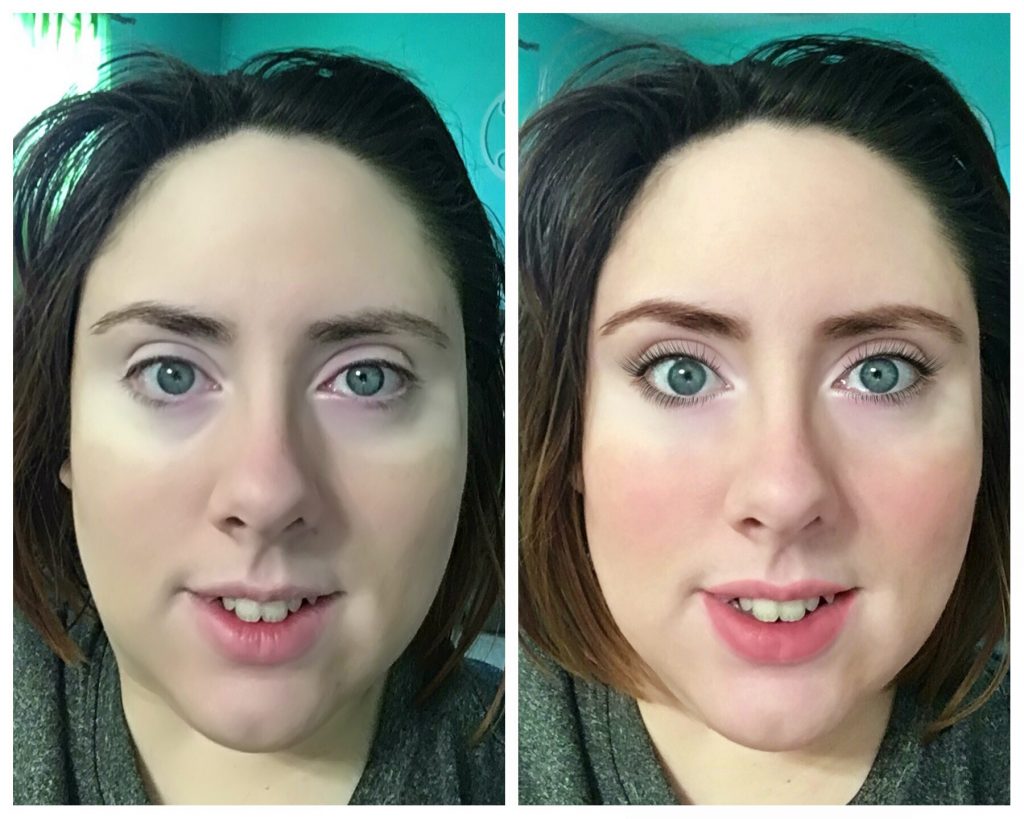
I applaud Beautycounter for their mission. I believe in it, I support it, and I want to do everything I can to bring awareness to the brand in the hope that more and more women will recognize the chemicals in their products and start choosing safer alternatives.
That said, from trying out their face products, I get the impression that these are designed more for the woman who doesn’t like to wear a lot of makeup, prefers a very natural look when she does wear makeup or for a woman that already has beautiful skin. These products are formulated to enhance what you already have, but if you’re looking for something with the ability to transform, hide or cover, these products are probably not the best choice for you. I would love to see Beautycounter come out with a face line that provides a broader range of coverage options, but understand that they’re bound by their ability to do so while sourcing from ingredients that are healthy and sustainable.
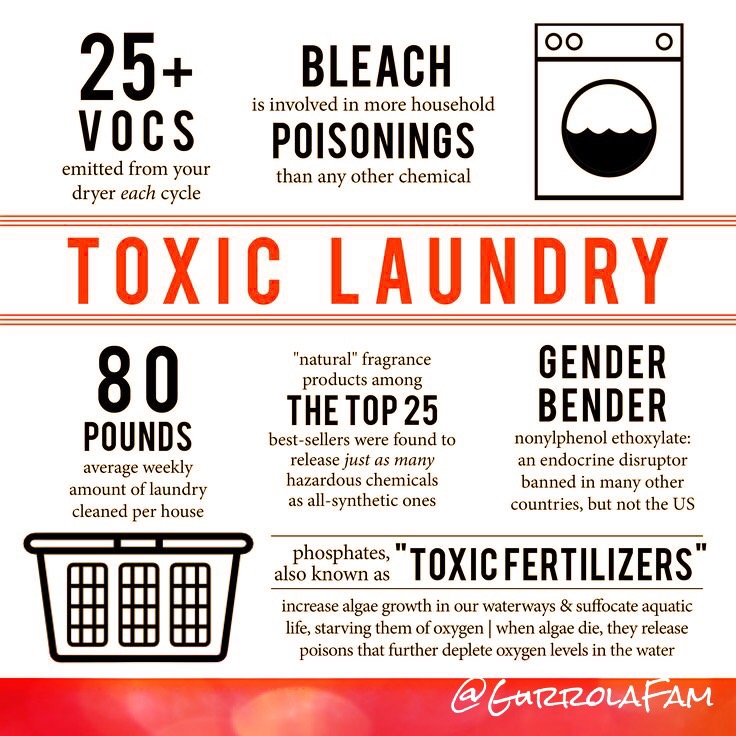
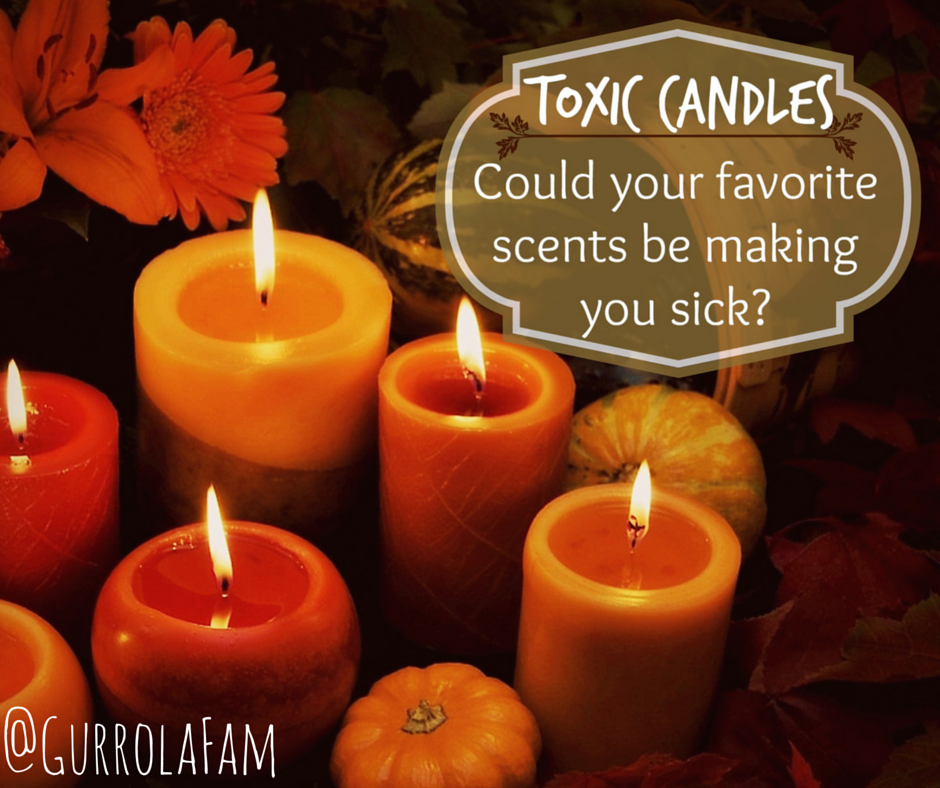 What is really in a candle?
What is really in a candle?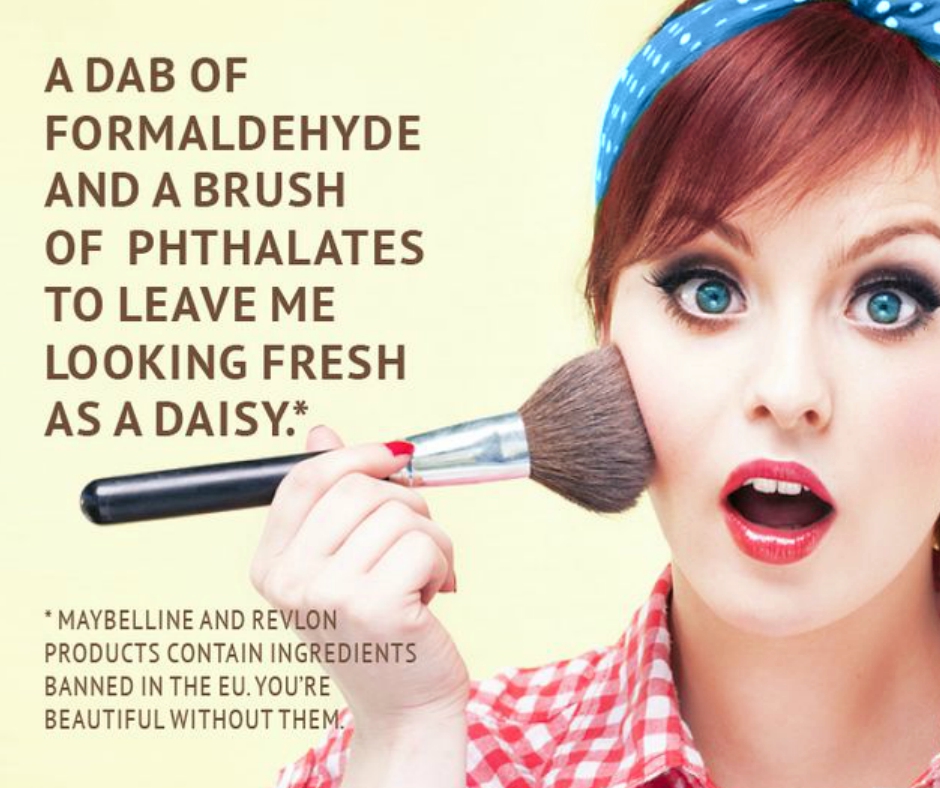 Almost 8 months ago now we made the decision to go ‘chemical free’ in our home and our lifestyle. It seemed the natural step after understanding the importance of what we put in our body i.e. food. Research just gradually led us to discovering that what we put on our body, breathe in through our lungs and cleaned my environment in all matters too. We were really motivated by just wanting to teach our kids to live the best life possible by making wise decisions. We see so many kids who are being taught that McDonald’s and other fast food places is like a rite of passage and we constantly hear “if you’re “good” we’ll go to that fast food place with the playground”. Then parents are wondering why there’s a rise in children’s diseases like cancers and other immune disorders. If we know better we should do better. Well we KNOW that we want a better life than that for our kids.
Almost 8 months ago now we made the decision to go ‘chemical free’ in our home and our lifestyle. It seemed the natural step after understanding the importance of what we put in our body i.e. food. Research just gradually led us to discovering that what we put on our body, breathe in through our lungs and cleaned my environment in all matters too. We were really motivated by just wanting to teach our kids to live the best life possible by making wise decisions. We see so many kids who are being taught that McDonald’s and other fast food places is like a rite of passage and we constantly hear “if you’re “good” we’ll go to that fast food place with the playground”. Then parents are wondering why there’s a rise in children’s diseases like cancers and other immune disorders. If we know better we should do better. Well we KNOW that we want a better life than that for our kids.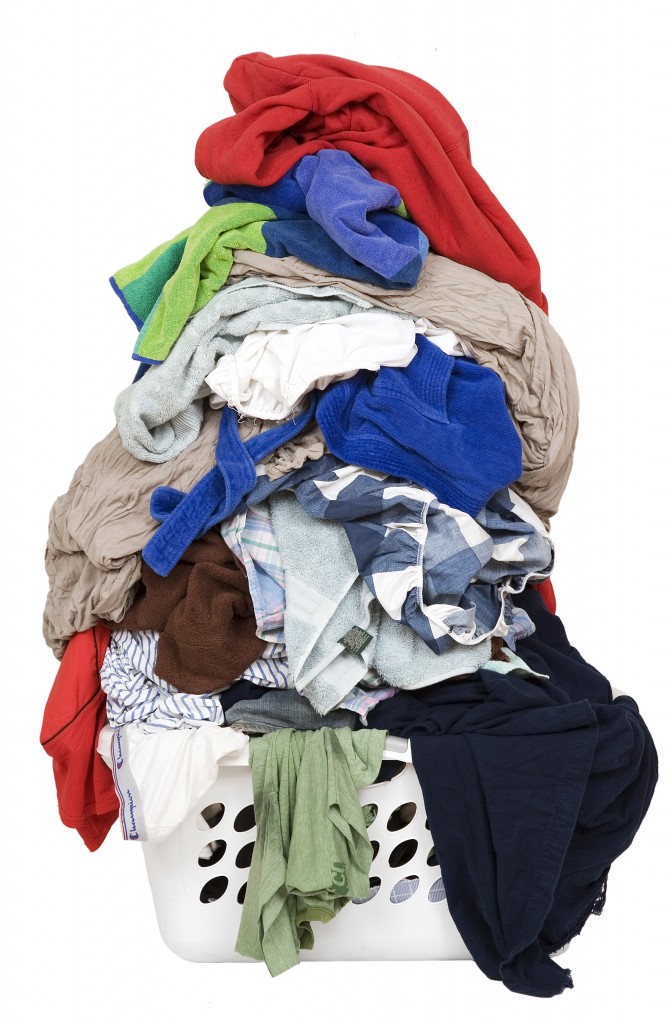 If you have any children chances are you have several of these baskets just like this at least once a week if not more.
If you have any children chances are you have several of these baskets just like this at least once a week if not more.